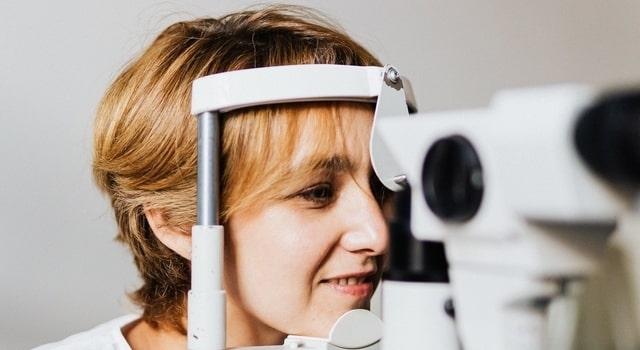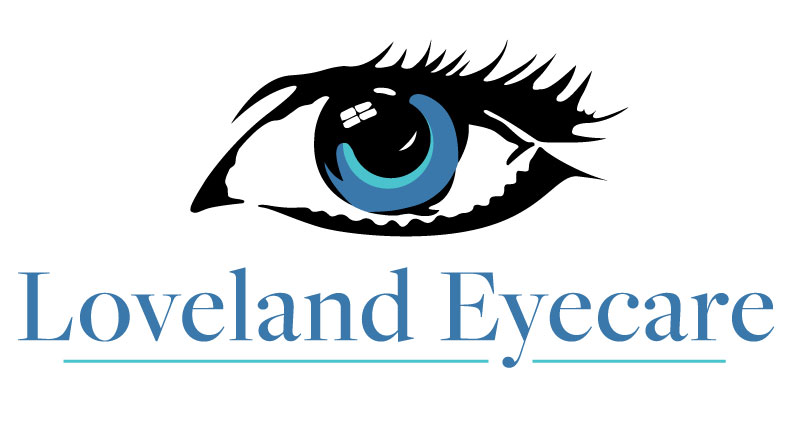
If you have never had a comprehensive eye exam before, you might be wondering what to expect. Whether it’s your first visit or been a while, knowing what will happen can help you feel more comfortable and prepared. We believe that taking care of your eyes is an important step in maintaining overall health. Here is your guide on what to expect during your first comprehensive eye exam and how to make the most of your visit.
Why Regular Eye Exams Matter
A comprehensive eye exam is more than just reading letters off a chart. It is a detailed check-up for your eyes that can help detect vision problems, eye health issues, and even signs of other health conditions. This thorough assessment gives your optometrist the chance to evaluate how well your eyes are working and catch any issues early, ensuring that your vision stays clear and healthy.
What to Expect During Your Eye Exam
Your first comprehensive eye exam will likely take about 45 minutes to an hour. Here are some of the key steps involved:
1.Discussion of Medical History & Symptoms
Your optometrist will ask about any vision changes, eye discomfort, or family history of eye conditions. They will also discuss your general health and any medications you are taking, as these factors can affect your eye health.
2.Vision Testing & Prescription Check
You will be asked to read an eye chart to measure your visual acuity (how clearly you see at different distances). If you wear glasses or contact lenses, be sure to bring them along. Your optometrist will also perform tests to determine if your prescription needs updating.
3.Eye Muscle & Coordination Testing
To check how your eyes move and work together, your optometrist will test your eye muscles and coordination. This ensures your eyes are focusing properly and working as a team.
4.Eye Pressure Measurement (Tonometry)
Using a quick, painless test, your eye pressure will be measured to screen for glaucoma, a condition that can affect your vision.
5.Dilated Eye Exam
Dilating drops may be used to widen your pupils, allowing your optometrist to examine the back of your eye (retina) and optic nerve. This step helps identify any signs of eye diseases or health issues.
How to Prepare for Your First Eye Exam
Here are some simple tips to help you prepare:
- Bring Your Current Glasses or Contacts: If you wear glasses or contact lenses, bring them to your exam. It helps your optometrist assess how well they are working for you.
- Know Your Medical History: Be ready to share your health background and any vision or eye health issues you or your family have had.
- Note Down Symptoms or Concerns: If you have noticed any vision changes, eye strain, or discomfort, jot them down beforehand so you don't forget to mention them during your visit.
- Plan for Possible Dilation: If your eyes are dilated during the exam, you might have blurry vision or sensitivity to light for a few hours afterward. It is a good idea to bring sunglasses and avoid driving immediately after if possible.
The Benefits of a Comprehensive Eye Exam
So, what do you get out of this detailed eye exam? Quite a lot! A comprehensive eye exam helps:
- Detect Vision Issues Early: Catching problems like nearsightedness, farsightedness, or astigmatism early ensures you get the right prescription for clear, comfortable vision.
- Identify Eye Health Conditions: Conditions like glaucoma, cataracts, and macular degeneration often have no early symptoms. Regular exams help detect these issues before they impact your vision.
- Reveal Overall Health Concerns: Your eyes can show signs of other health issues, like diabetes and high blood pressure. A comprehensive exam provides valuable insights into your general health.
Book Your Eye Exam with Loveland Eyecare
Your vision deserves the best care, and a comprehensive eye exam is the perfect place to start. We provide thorough and comfortable eye exams to help you maintain clear and healthy vision. If it is time for your first exam or it has been a while since your last one, contact us to schedule your appointment.
